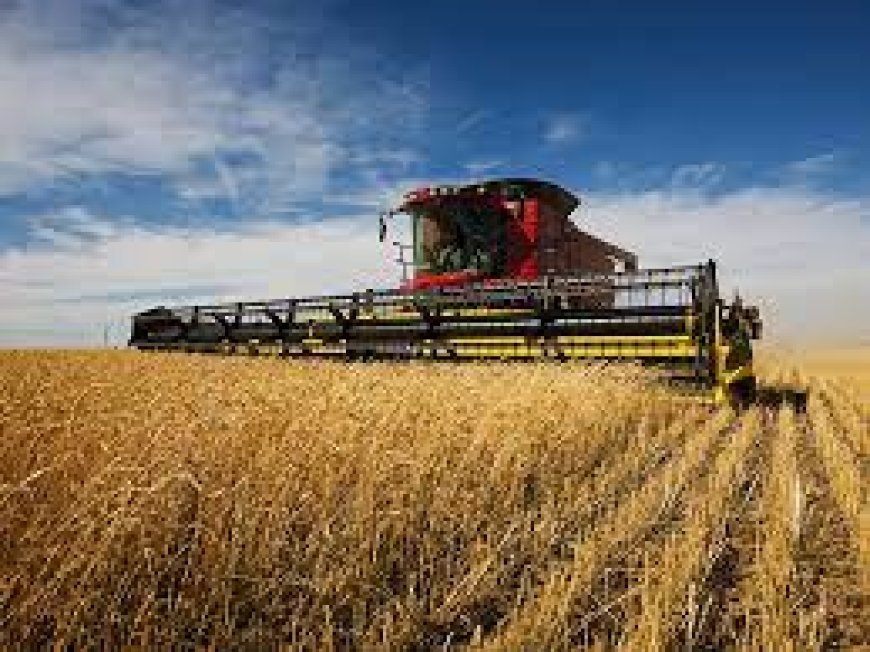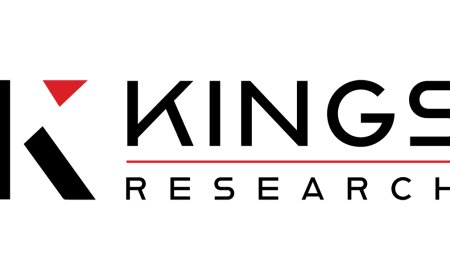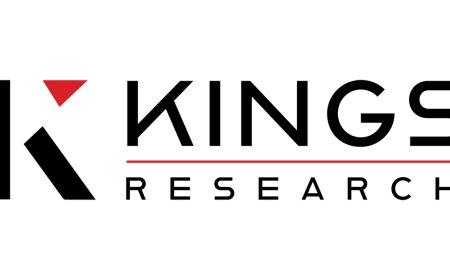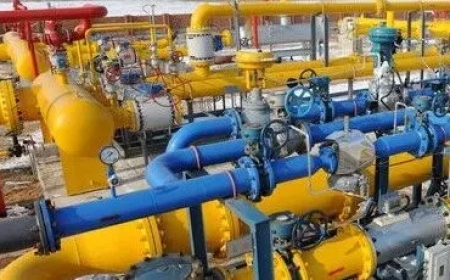Types of Fuel: Exploring Our Energy Sources

Fuel is any substance that can be used to produce energy. It plays a central role in powering vehicles, generating electricity, heating homes, and running industrial machinery. Over the years, different types of fuel have been developed to meet the growing needs of human society. These can be broadly divided into fossil fuels, biofuels, nuclear fuels, and renewable or alternative fuels. Each type has its properties, advantages, and challenges.
Fossil Fuels
Fossil fuels are the most widely used sources of energy in the world. They include coal, oil, and natural gas. These fuels were formed from the remains of ancient plants and animals buried under layers of earth over millions of years. Coal is often used in power plants to generate electricity. It burns easily and produces a large amount of heat, but it also releases high levels of carbon dioxide and other pollutants.
Oil is refined into products such as petrol, diesel, and jet fuel. It is essential for transportation and is also used in the production of plastics and chemicals. Natural gas is considered the cleanest of the fossil fuels. It is used for heating, electricity generation, and cooking. While fossil fuels are reliable and have powered industrial growth for decades, their negative impact on the environment, especially in the form of greenhouse gas emissions, is a major concern.
Biofuels
Biofuels are renewable fuels made from organic materials such as plants, crop waste, and animal fats. The most common types are bioethanol and biodiesel. Bioethanol is produced through the fermentation of sugar or starch crops like sugarcane or corn. It is usually blended with gasoline and used in vehicles to reduce harmful emissions.
Biodiesel is made from vegetable oils or animal fats and can be used in diesel engines. Biofuels are considered more environmentally friendly than fossil fuels because they are renewable and produce less carbon dioxide when burned. However, growing crops for fuel can compete with food production and may require large amounts of land and water.
Nuclear Fuels
Nuclear fuels such as uranium are used to generate electricity in nuclear power plants. The process of nuclear fission releases a large amount of energy from a small amount of fuel. Nuclear energy is highly efficient and produces no carbon emissions during operation. This makes it an attractive option for countries looking to reduce their carbon footprint.
However, nuclear energy comes with risks. The radioactive waste it produces remains dangerous for thousands of years. Accidents, although rare, can have devastating consequences, as seen in incidents like Chernobyl and Fukushima. Safe disposal and strict safety measures are necessary to minimize these risks.
Alternative and Renewable Fuels
In response to environmental concerns and the limited supply of fossil fuels, many countries are investing in alternative energy sources. These include hydrogen, solar power, wind energy, and electricity. Hydrogen fuel cells produce electricity by combining hydrogen and oxygen, with water as the only byproduct. Electric vehicles use batteries that are charged with electricity from renewable sources like solar or wind.
These fuels are clean and sustainable, but they require new infrastructure and advanced technology to become widely accessible and affordable. As research continues, these alternatives are expected to play a larger role in the future of global energy.
Conclusion
The variety of fuels available today reflects our evolving understanding of energy and its impact on the planet. While fossil fuels continue to dominate, the shift toward cleaner, renewable energy sources is gaining momentum. Each type of fuel has its benefits and drawbacks, and the challenge ahead lies in balancing energy needs with environmental responsibility and sustainability.





























